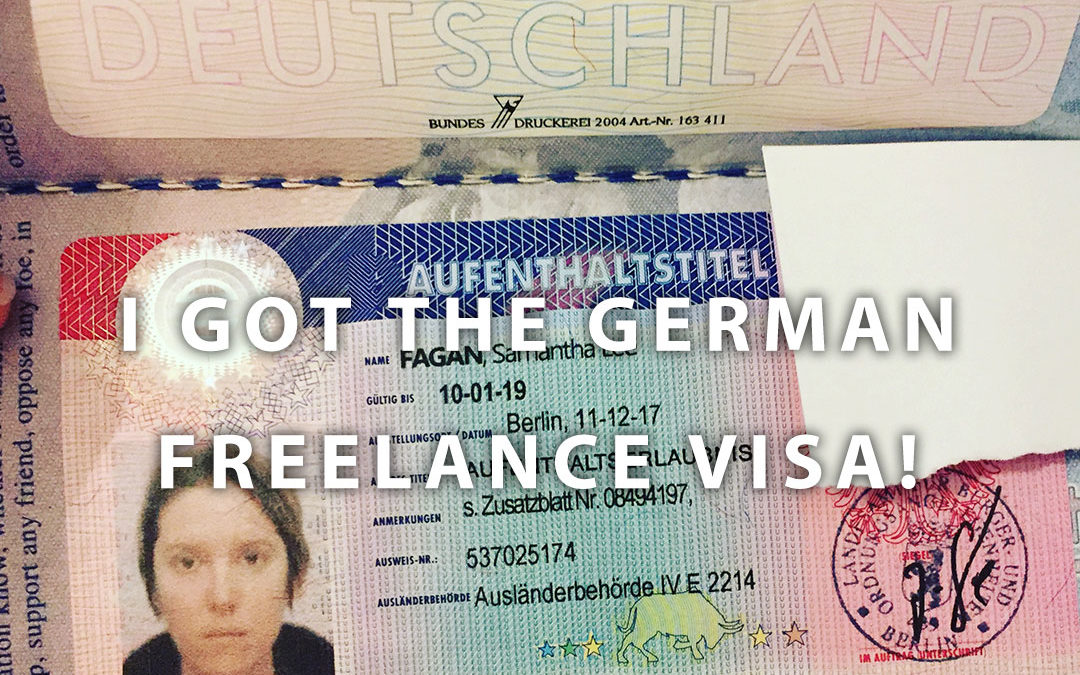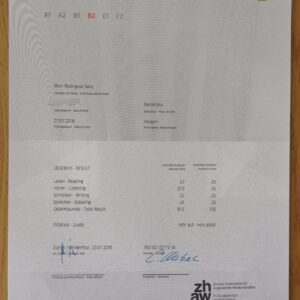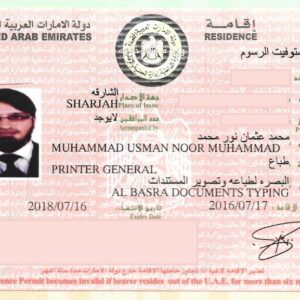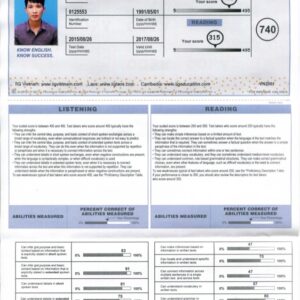Freelance has become an ever-growing self-employment type, as it gives greater independence and less bureaucracy compared to the conventional type.
Working as a freelancer, you are your own boss. There is great flexibility as of the days and hours of working. Moreover, you’re free to choose the clients and projects you want to work for. You have almost none working protocols to follow. You may not need an office to make your work happen.
Potentials needed to freelance:
- High sense of technical individuality.
- Innovative thinking.
- Particular education.
- Personal qualities.
- Responsiveness.
- Sense of self-motivation.
- Sense of self-responsibility.
How does freelancing work in Germany?
Before even thinking to perform a freelance job in Germany, you must understand the legal environment for self-employment here. This because the profession you’ve chosen to pursue, it defines your eligibility for becoming a freelancer here.
If the profession you’re thinking to exercise here is acknowledged as a liberal professions ‘Freibe Berufe’, you’ll be able to be a freelancer ‘Freiberufle’.
Otherwise, if the job is listed as a commercial profession, you’ll only be able to be a businessperson ‘Gewerbe’.
Which are liberal professions in Germany?
The Income Tax Act of Germany (EStG) has a public listing of liberal and commercial professions here. Yet, the ultimate judgment on whether a profession qualifies as a liberal or as a commercial profession lies in the hands of the local tax office ‘Finanzamt’.
Liberal ‘freelance’ professions in Germany, according to EStG §18, are self-employment jobs in the following fields:
- Healthcare.
- Law.
- Tax and business counselling.
- Scientific/technical.
- Linguistic and information-transmitting.
Which are the legal requirements for freelancing in Germany?
As a freelancer in Germany, you’ll be excused from the business registration procedure and from getting the trade permit.
Registering with the Tax Office
Instead of the trade office, your freelance activity must be registered with the tax office. The tax office will be the authority to issue the tax number and to collect taxes from you, based on your freelance activity. Registering your business and submitting your tax reports to the Finanzamt can be daunting. As a freelancer, you have other concerns that you need to deal with and an unfamiliar tax system may cause you more to concern. That’s why it is quite a relief to know that you can let tax experts handle all this paperwork for you.
Professional tax consultants at can assist you with preparing all your tax reports, creating invoices and submitting them directly to the tax office.
Why prepare and submit your tax reports as a freelancer with help from certified tax consultants?
- Sorted is a leading Germany-based company with a strong backing of serious investors.
- They cover the entire tax needs for the vast majority of the freelancers and self-employed professionals in Germany.
- Sorted supports you if you have domestic clients or even outside of Germany.
- With Sorted, you register as a freelancer, do your bookkeeping and submit yearly tax reports for free, until your revenue meets a certain amount or obtain clients in the EU.
- You can submit your tax reports electronically to the Finanzamt through Sorted. Sorted is connected directly to the Finanzamt through their official software provider, ELSTER.
Can I work a freelancer if am a foreigner already in Germany
CONTACT US FOR MORE INFORMATION ON HOW TO GET











